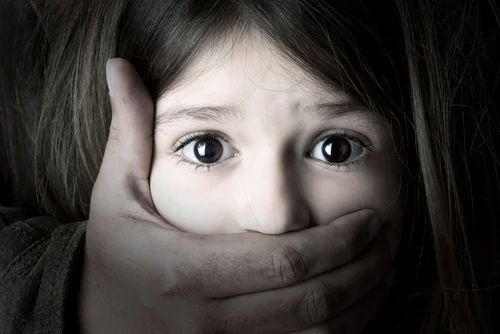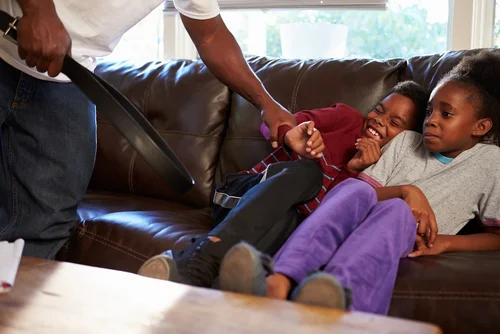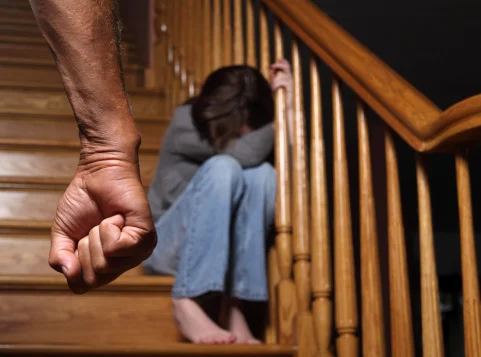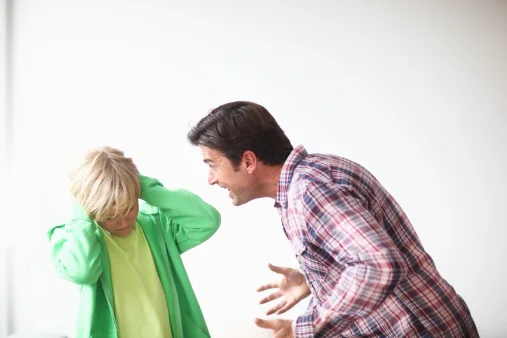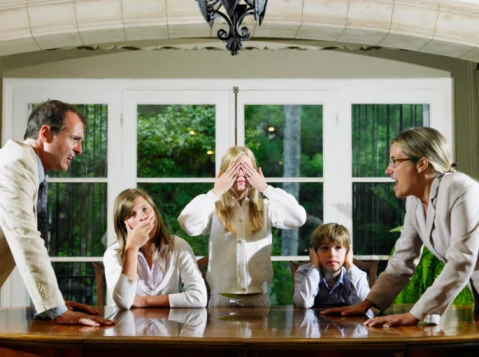+1 845 259 2974 (11 a.m to 7 p.m CST)
Change One Thing: Pressure is a form of child abuse

Teenagers’ brain is developing at a rapid pace. Anything that might have little effect on an adult brain is going to have a huge impact on an adolescent mind. At this time, some pressure may help the teen to thrive at school or in the community but extreme pressure is going to lead to a lifetime of emotional scarring. Teens tend to break down under the pressure and give up on everything that is important to them and their family. This is not only a vicious way to make a child to conform but also child abuse.
Who is to blame?
A major part of an individual’s personality is shaped by his or her parents and family. Parental influence is at its peak during childhood years. Though it is still existent during teenage years, it tends to decrease in effectiveness. But this doesn’t mean that it has no role to play at all during adolescence. Parents get a substantial chunk of their teen’s day in which they influence them and push them further to become the way they think is acceptable. While a gentle push forward may help teens achieve their goals knowing that their family is backing them up, extreme pressure may not be as effective.
Pressurizing a teen to conform to the environment around them may wreak havoc in their still developing brain. Teens facing pressure from family, teachers or educators are more likely to lack confidence and self-esteem. Parents with best intentions at heart try to protect their kids from being outcasts by forcing them to follow the path the society deems acceptable. Their inability to do so makes parents pressurize the teens making them either very rebellious or lacking in confidence.
Peer pressure
During adolescence, peers typically replace family as an individual’s center of leisurely and social activities. Teens have various kinds of peer relationships. Some give in to the peer pressure because they want to be liked and not made fun of. The idea that ‘everyone’s doing it’ makes teens give up on their better judgment and common sense and follow others. Their self-esteem suffers and they become less confident about the choices and decisions they make.
Pressure from the teachers
At time teachers and educators become concerned about their students’ grades and pressurize them to achieve higher grades. This pressure makes them feel constricted. They don’t feel appreciated and their self-esteem decreases.
How is pressure a form of child abuse?
Teens face enormous pressure that they should not have to endure at this age. Pressure at such an early age coming from all these sources is no less than child abuse. It constrains a teen’s true potential making them a robot at the mercy of family, friends, teachers and educators.

